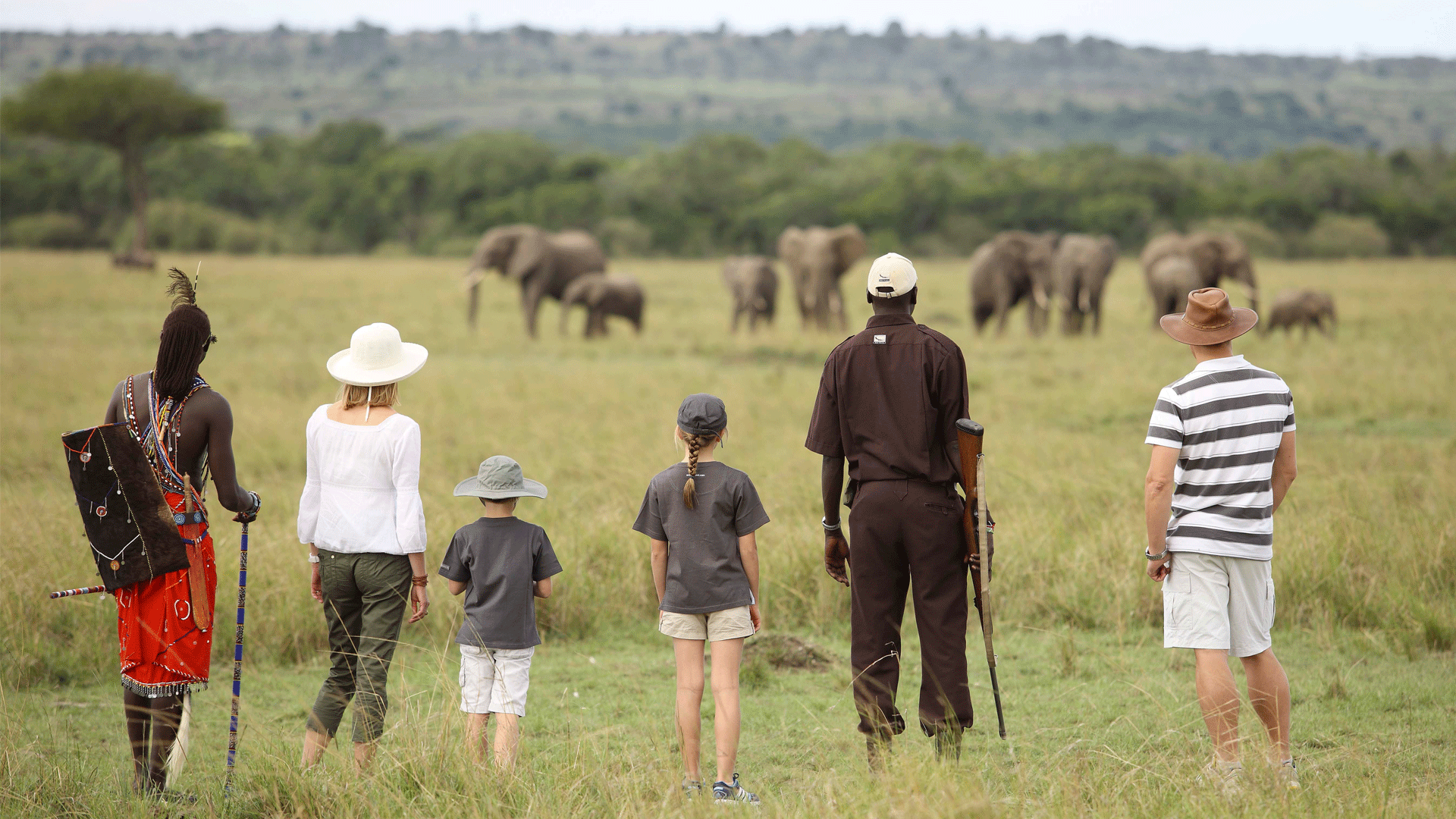
Planning Africa Kenya safari with children can be an exciting yet daunting task for many families. However, with the right information and preparation, it can turn into an unforgettable adventure. Here’s a comprehensive guide to help you navigate through the process of organizing a family-friendly safari in Kenya.
1. Choosing the Right Time to Visit
The best time to visit Kenya for a safari is during the dry season, which typically runs from June to October. This period coincides with the Great Migration in Maasai Mara, where millions of wildebeest and zebras migrate in search of greener pastures. Traveling in early September is particularly advantageous as it offers excellent wildlife viewing opportunities while also being relatively comfortable weather-wise for children.
2. Selecting Family-Friendly Destinations
Kenya boasts several national parks and reserves that are suitable for families:
- Maasai Mara National Reserve: Known for its abundant wildlife and the Great Migration, this reserve offers various family-friendly lodges that cater specifically to children.
- Amboseli National Park: Famous for its stunning views of Mount Kilimanjaro and large elephant herds, Amboseli has accommodations that welcome families and provide educational programs about wildlife.
- Lake Naivasha: A serene destination perfect for boat rides and bird watching, offering a more relaxed environment compared to traditional game drives.
- Diani Beach: After your safari adventures, Diani Beach provides a beautiful coastal retreat where families can unwind.
3. Visa and Health Requirements
Before traveling to Kenya, ensure you have the necessary visas. An e-visa can be obtained online prior to your trip; as of now, it costs $50 per adult while children under 16 do not require one.
In terms of health precautions, no vaccinations are mandatory for entry into Kenya; however, vaccines for typhoid and yellow fever are recommended based on personal health circumstances. It’s advisable to consult with your healthcare provider before traveling. Additionally, malaria prophylaxis is recommended due to the risk in certain areas; ensure you pack insect repellent as well.
4. Preparing Your Children for Safari
Introduce your children to the concept of safaris before your trip by reading books or watching documentaries about African wildlife. This will help them understand what they might see and make them more excited about the experience.
When packing, consider bringing:
- Lightweight clothing suitable for warm days but also layers for cooler mornings and evenings.
- Sun protection such as hats, sunglasses, and sunscreen.
- Binoculars or cameras so they can engage actively during game drives.
- Snacks and entertainment options (like coloring books) for downtime between activities.
5. Choosing Accommodations Wisely
Look for lodges or camps that cater specifically to families. Many offer amenities such as family rooms or tents, children’s menus, babysitting services, and guided activities tailored for younger guests. Some lodges even have educational programs focused on conservation that can enrich your children’s experience.
6. Game Drives with Kids
Most organized safari tours have age restrictions; however, self-drive safaris allow families with young children greater flexibility regarding age limits. Ensure that any game drive you participate in is safe—opt for private vehicles when possible so you can control your environment better.
During game drives:
- Keep safety rules in mind: always stay inside the vehicle unless instructed otherwise by guides.
- Engage kids by asking them questions about what they see—this keeps them interested.
7. Additional Activities
In addition to traditional game drives, consider incorporating other activities into your itinerary:
- Cultural Visits: Engage with local tribes like the Maasai people; many lodges offer cultural experiences where kids can learn about local traditions.
- Nature Walks: Some parks offer guided walking safaris which can be exciting for older children who want a closer look at nature.
- Boat Rides: In places like Lake Naivasha or along rivers in national parks, boat rides provide a different perspective on wildlife viewing.
8. Safety Considerations
While Kenya is generally safe for tourists, it’s essential to remain vigilant:
- Always follow guidance from your tour operators or lodge staff regarding safety protocols.
- Keep valuables secure and avoid displaying them publicly.
By planning carefully and considering these factors, you can create a memorable safari experience that both you and your children will cherish forever.




Leave a comment:
You must be logged in to post a comment.